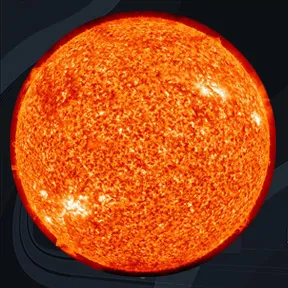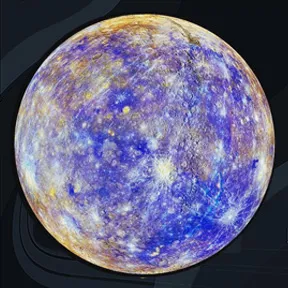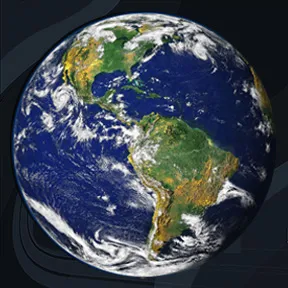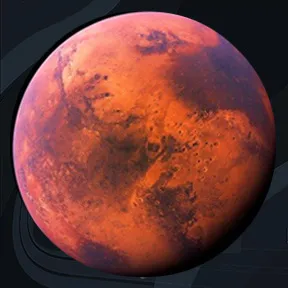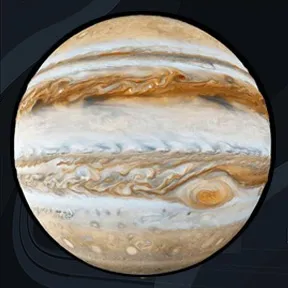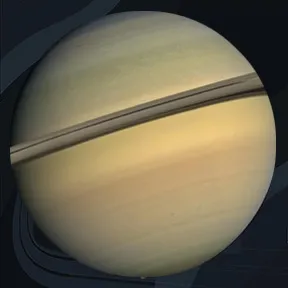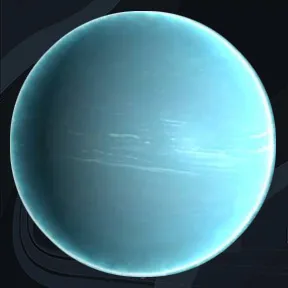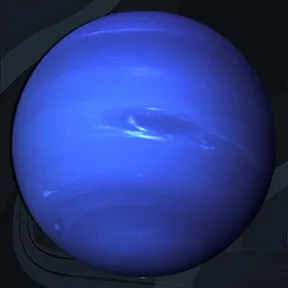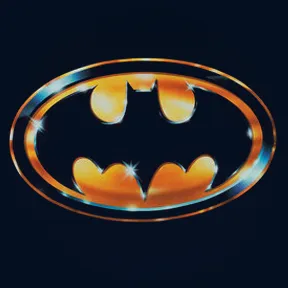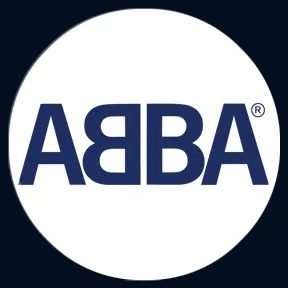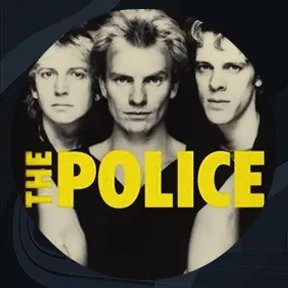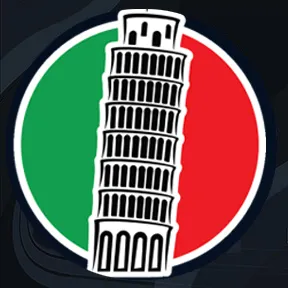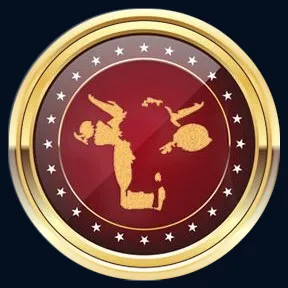10 Mindblowing Facts About Jupiter
This video doesn’t have an intro: the scriptwriter was too lazy to write one, but it is cool as it is. Here are 10 mindblowing facts about Jupiter.
00:00 | Intro
00:21 | X - Jupiter is the largest planet in our solar system and is almost twice as massive as all the other planets combined. Studying Jupiter’s moons has been instrumental in helping us understand the giant planet’s mass.
02:42 | IX - Jupiter has the shortest day of any planet, rotating once on its axis every 9 hours and 56 minutes… or so. Okay, so first things first, let's talk about what a day even is.
05:05 | VIII - Jupiter has the strongest magnetic field of any planet in our solar system, 20 thousand times stronger than Earth's. Did you know that? It seems impossible, but it's true! Can you imagine how powerful that must be?
06:38 | VII - Jupiter produces the most powerful auroras in the solar system, with auroras at its poles being hundreds of times brighter than Earth's.
07:26 | VI - The Great Red Spot, a giant storm on Jupiter, has been raging for at least 350 years and is larger than the size of Earth.
09:35 | V - Jupiter has 92 moons, the largest being Ganymede, which is larger than the planet Mercury.
The moons of Jupiter are a fascinating topic for space enthusiasts and astronomers alike.
11:23 | IV - The temperature of Jupiter's core is hotter than the surface of the Sun, reaching up to 36,000 degrees Fahrenheit. Jupiter, the largest planet in our solar system, has a unique composition dominated by hydrogen and helium with traces of methane and ammonia. NASA has been keeping a close eye on this Great Red Spot, because, let's be honest, who wouldn't want to keep tabs on a massive storm that's been raging for over three centuries? As I told you, this thing is bigger than Earth, so you know it's a pretty big deal
12:37 | III - The gravity on Jupiter is 2.5 times stronger than on Earth, making it impossible for humans to stand on the surface… if only there was one!
13:15 | II - Jupiter is responsible for sweeping up and diverting asteroids and comets that would otherwise collide with Earth.
15:24 | I - We will soon launch a probe to visit Jupiter and its moons. It’s called Juice. No, Juice is not something you drink. It stands for Jupiter Icy Moons Explorer, and the spacecraft will carry a suite of scientific instruments to study the gas giant and its moons in detail.

